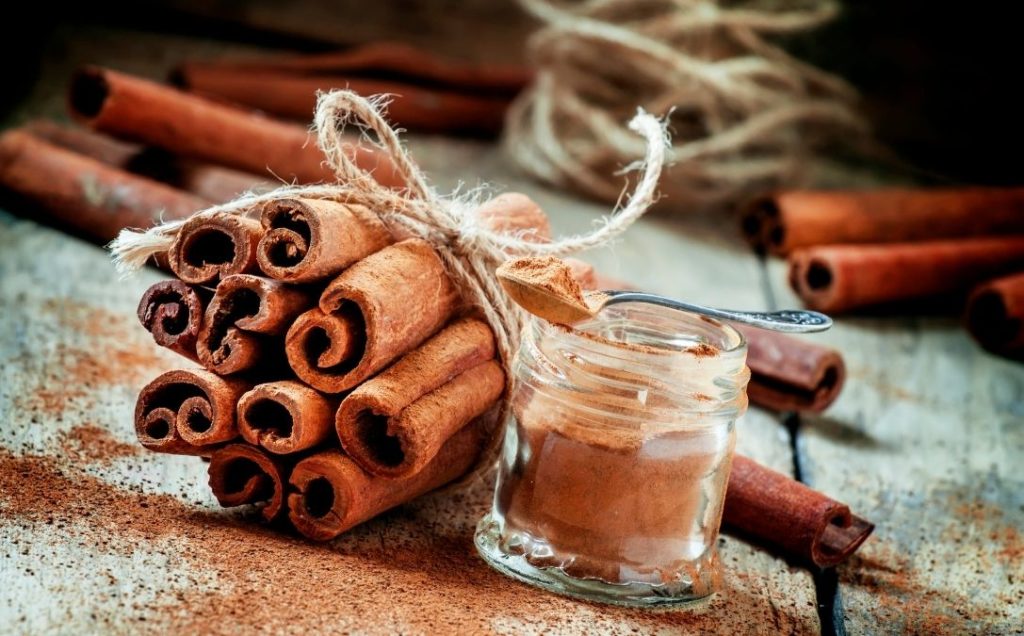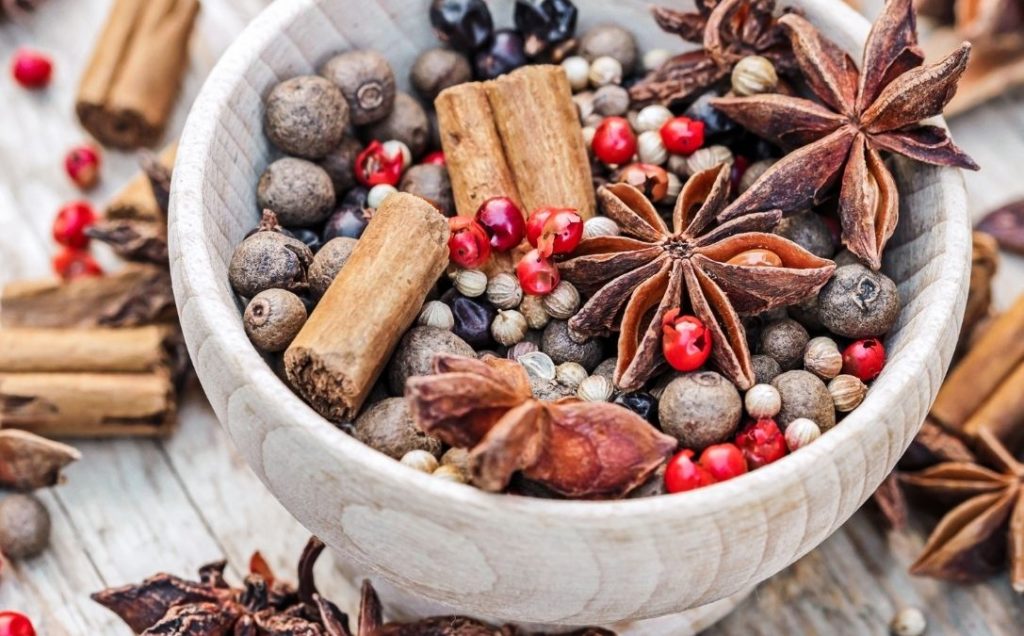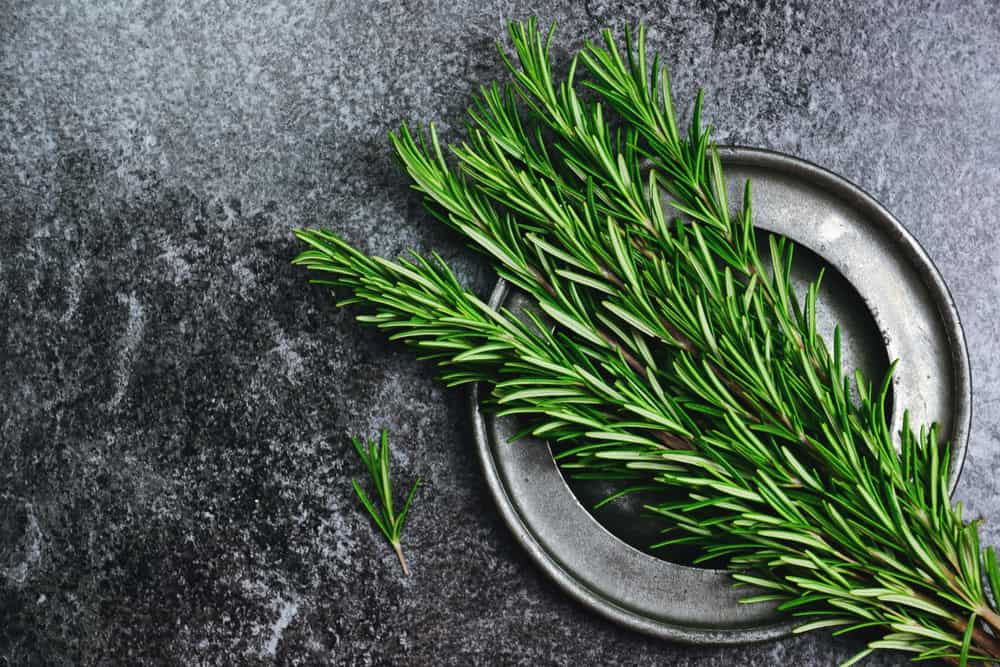So you’ve been wondering: how long does cinnamon last? Or can cinnamon go bad?
According to some studies, cinnamon is good for your heart, and this is one of the possible reasons why more and more people are interested in knowing more about cinnamon.
Besides just its health benefits, cinnamon is known for its sweet flavor and one of the most widely used spices globally.
So it makes quite a lot of sense to be curious how long can cinnamon last or want to know whether cinnamon can go bad after some time.
This post will answer your question and go deeper to tackle some of the related questions about cinnamon. So if you want to learn more about cinnamon, keep reading.
This post may contain affiliate links. Read my disclosure policy here.
Can Cinnamon Go Bad?
So can cinnamon go bad? No, commercial cinnamon does not go bad, though it starts to lose its potency after some time, thus not flavoring foods as expected.
Your ground cinnamon has the potential to last for about four years if you properly devise a way of storing it. If you want your ground cinnamon (you probably bought in bulk) to last longer, store it in containers with airtight lids.
But what if you want to test whether your cinnamon is still effective; what do you do? Crush a small amount of cinnamon in your hand, and smell or taste it. If the aroma has deteriorated or the flavor isn’t what you are used to, your cinnamon isn’t at its best and needs replacement.
And like you’d imagine, your cinnamon will not stay long if you don’t store it properly. Your cinnamon’s shelf life is not significantly affected because of whether it is open or closed, as long as you can always re-seal it.
Finally, you need to keep an eye on the best before date on your cinnamon package. Some companies or manufacturers refer to it differently. So you may check if there are words, such as “sell by,” “expiry date,” “expiration date,” and so on.
How to Tell If Cinnamon Is Bad
Cinnamon doesn’t expire, but some factors can make it spoil. Below are some of the signs that your cinnamon has gone bad:
- Clumps or growths in your cinnamon
- A faint or weird taste that’s different from the usual one
- A weak aroma coming from the cinnamon
Growths or clumps in your cinnamon will result in mold growth due to extra moisture getting into the container you are using to store your cinnamon.
To minimize the chances of this incidence, ensure that your container is tightly sealed. However, feel free to throw away any cinnamon that already has some clumps or growth in it.
If your cinnamon tastes differently or doesn’t have its usual aroma, this is because of the passage of time. You can’t control this because it’s natural. And this also happens to herbs when they start to lose their potency.
Your nose is one of the best instruments you can use to tell if something has gone bad. You can put some cinnamon in your hands and smell it to see if the aroma is different.
If the aroma and taste are gone, don’t throw away your cinnamon because you can still use it. The only downside is that it won’t give your food the usual flavor. And if you want to use your cinnamon after the “eat by date,” use more quantity to get your desired flavor.
Using foods that have gone bad isn’t recommended, so you need to be very cautious and only use foods within the expiry date time frame.

How to Properly Store Cinnamon
Like other spices, cinnamon is best stored in its original container in a cool and dark area, where it can remain dry and never get near any source of heat.
Cinnamon will lose its potency after some time, which will happen faster, depending on its surface area. This is why whole sticks cinnamon will last longer than ground cinnamon. If you want to save some bucks, buy cinnamon sticks and only grate when you need to.
As I have said, keeping cinnamon safe is like the other spices. The rule of thumb is to keep in a cool, dry place away from direct sunlight. If you have unopened cinnamon, your pantry is the best place to keep your cinnamon.
However, opened cinnamon will be best kept in the cupboard, and especially in the kitchen. And don’t forget to seal your cinnamon when not in use. Sealing your cinnamon container keeps away moisture, and this helps your cinnamon last for years.
How to Bring Old Cinnamon Back to Life
Now that you know how to tell if your cinnamon has gone bad and ways to best store your cinnamon, how do you bring your old cinnamon back to life?
According to Pioneer Woman, there are a couple of ways you can bring your old cinnamon back to life. So let’s see what you can do to revive your old cinnamon:
- The first step is to remove all your cinnamon content into a pan or any shallow skillset you might have
- Turn on your source of heat to medium heat
- Heat your cinnamon for about 3 minutes or until your cinnamon aroma is unlocked. Ensure that you don’t burn the cinnamon
- Turn off your heat source and transfer the cinnamon to a plate and allow to cool
- The final step is to store it in an airtight container and a cool, dry place away from sunlight.
What Can I Do With Expired Cinnamon?
It can be quite disappointing to find out that your cinnamon has expired, but before you let your anger overcome you, think about what you can do with it. There are many things you can do with expired cinnamon. Let’s look at a few of them:
- Make Potpourri – Because heating spices expresses their aroma, you can do the same with cinnamon. To do this, boil some water and add a bit of cinnamon and some citrus peels to make a potpourri.
- Make Bar Soap – Spices such as cinnamon will smell great in homemade soap. Use your expired cinnamon to make soap you can use at home with your family
- Make Spice Sachets – You can freshen up your space by pouring your cinnamon in a small sachet and hanging them in your home’s musty areas.
What Are Some Cinnamon Health Benefits?
Cinnamon comes with a ton of compounds that are good for human health, such as cinnamaldehyde, antioxidants, a couple of unique chemicals, polyphenols, cinnamic acid, etc.
Many studies have proven that cinnamon can help balance blood sugar levels, especially for people with type 2 diabetes, through increased glucose uptake, enhancing insulin sensitivity in your muscle and fatty tissues.
According to a report, cinnamon consumption also helps with the short-term control of blood pressure. While researchers are still working round the clock to validate the previous reports, I cannot justify that cinnamon will reduce your blood pressure.
Cinnamon has been used consistently in both Western and Eastern parts of the world to relieve digest discomfort. Cinnamon is known for its anti-inflammatory and anti-microbial properties, and that is why it was used for digestive imbalance in traditional Ayurvedic medicine.
Cinnamon also has antioxidants, a healthy component of the diet, which can help neutralize free radicals and prevent damaging the body cells in your body. Besides antioxidants, cinnamon has antibacterial properties that can hinder the growth of cancerous cells.
There are many health benefits from cinnamon, and more studies are underway to discover even more. There are also compounds in cinnamon that can help reduce the chances of Alzheimer’s disease and arteriosclerosis.

Related Questions
1. Can Old Cinnamon Make You Sick?
No, old cinnamon will not make you sick. Old cinnamon will only lose its aroma and taste. Because expired or old cinnamon will lose its aroma and its taste, you will need to use larger quantities to achieve your desired flavor.
2. Is It Ok to Use Expired Cinnamon?
It’s almost impossible for spices, especially cinnamon, to go bad, but even if expired, there’s no cause of alarm. The only downside is that expired cinnamon will lose its potency and aroma. So you’ll use larger quantities of cinnamon to get the flavor you want.
3. How Long Can You Use Cinnamon After the Expiration Date?
You can use cinnamon for about 4 years after its expiration. This is because cinnamon is non-perishable, and you can use it for another 3 to 4 years.
4. Can Cinnamon Kill You?
Yes, Cinnamon can kill because too much of it dries out the mouth. Cinnamon is especially not suitable for kids, according to a report. If this happens (drying of the mouth), you will be more prone to vomit, and even worse, your bile can go down into the lungs.
5. Should Cinnamon Be Refrigerated?
Yes, you can refrigerate cinnamon for up to 7 days. If you intend to store your cinnamon for a more extended period, you’ll need to move your cinnamon to the freezer. Your cinnamon will last another 4 months if stored in the freezer.
Wrap Up
Cinnamon is one of the best ingredients with a ton of health benefits and a longer shelf life. It’s quite tempting to use your cinnamon an endless amount of times, but due to several health reasons, you will need to replace it in the long run.
Hopefully, you now have an answer to this million-dollar question – can cinnamon go bad? If you have more questions or have experience using cinnamon, please leave a comment and share your experience or questions. I will do my best to respond to your comment.







